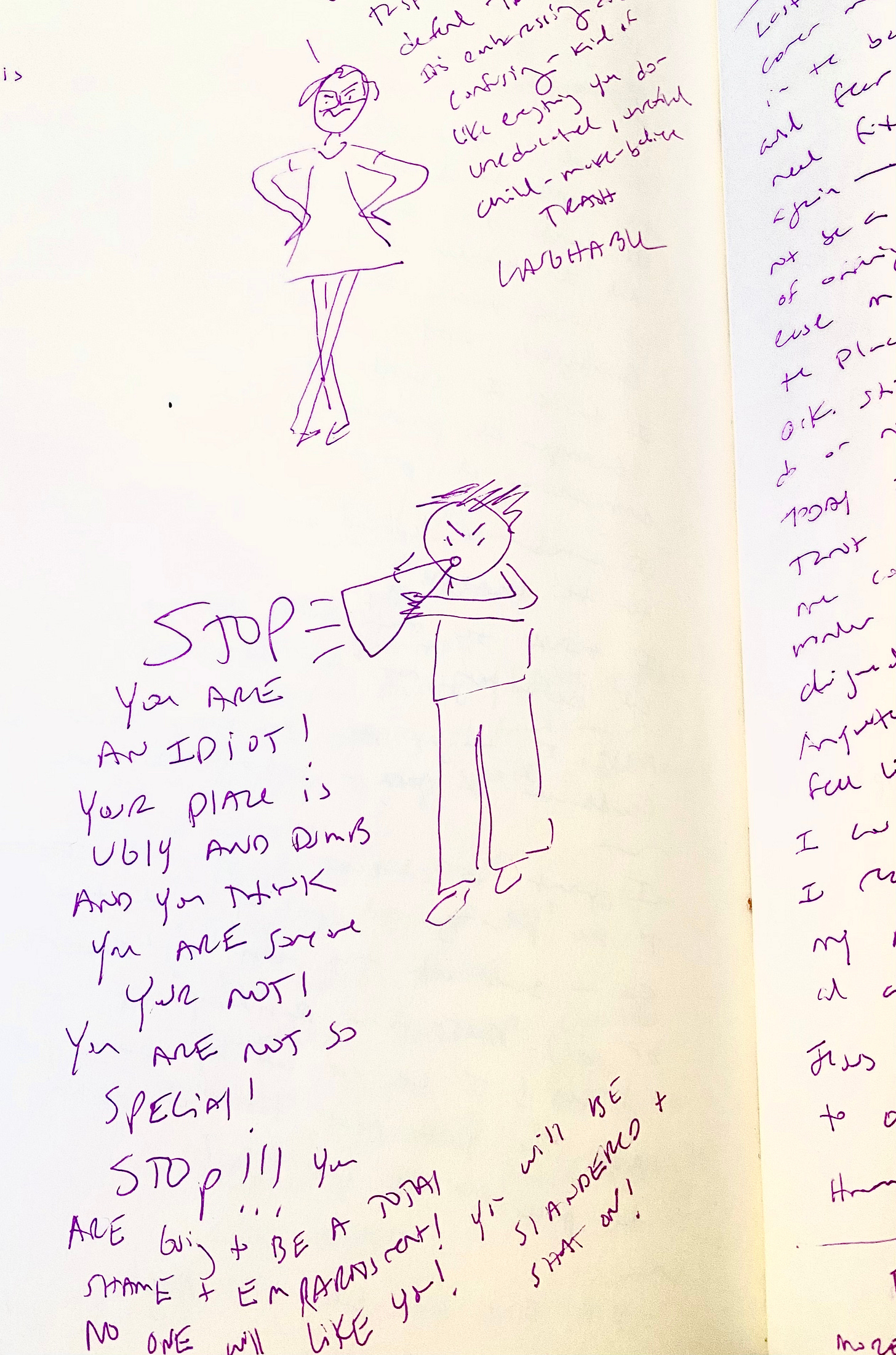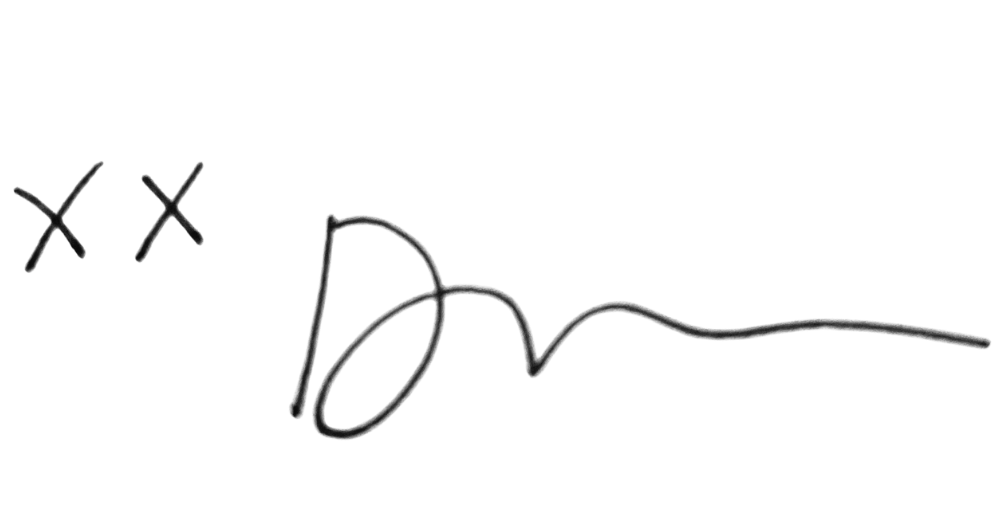Dear Starlight,
I've been crying steadily since last Saturday.
Nothing happened externally that merits the bubbling up and blubbering out that's been going on over here. It started when my sister came to visit from Texas last weekend. I told her how happy I was—I had booked a place in advance to go home to Martha's Vineyard for a week at the end of summer, a way to commemorate my sister Summer and spend the last days of the season at the beach, toes tucked into sand. I mentioned that she could come. There was space for others. She asked if I was going to invite our mother.
I bristled. Suddenly, there was a cacophony of pots and pans clanging around in my gut. I didn't know yet, I said.
The next day, as we walked through the neighborhood, snow dusting the streets and the trees standing like black scratches on white paper, I took a gulp of frigid air and decided to share the embarrassing feelings I had held since being asked if I would invite my mother to the Island. I was embarrassed by my feelings. because I knew I should invite my mother. I knew she would be overjoyed to spend a week together on the Island. But I didn’t want to. As I spoke I felt hot, and my voice grew erratic and angry until I was crying hysterically, confessing that I didn't want her to come and that I was probably feeling this way because I was getting my period. Classic. I tried to explain how I didn't want to share the joy from my efforts to find a place to return home to now that we didn't have a home since she sold it. Selfish. I tried to explain how I felt hurt by her never asking or acknowledging my feelings and the impact of her rash decision to sell our family home this time last year. In the muddled stickiness of this blubbering, I went all the way down the line to never having my feelings, desires, and needs met as a child. Now, here I am, a middle-aged woman crying into the neighborhood woods for never being seen or supported for who I was and what I loved. Classic.
But here's the thing: the crying wouldn't have happened if I hadn't spoken the feelings aloud.
My sister kindly echoed that she saw and heard my deep sadness and asked if I wanted to talk through more—which I didn’t then, I just needed to cry and not be shamed for crying.
A few days later, something else happened. I couldn't sleep. Perfectionistic thoughts circled around worries about how others would perceive my upcoming offerings (coming out in March!). My mind found fault, any fault, replaying tiny anxieties over and over, like: the driveway needs re-doing, the garage needs the green scum power washed off the back. Eventually, I grabbed my iPad and turned on some Scandinavian show that put me to sleep in the effort of trying to understand what they were saying in another tongue.
Side note, I only learned I struggled with perfectionism late into my thirties when my best friend pointed out that she didn't worry about wiping glass clear like how I worried that if mine wasn't clear, I would lose people's trust in my capabilities. I had thought perfectionism was having everything perfect, and since I didn't, I wasn't a perfectionist. My friend helped me see that was what made me a perfectionist. I then learned that perfectionism is less about the activity and more about the driving fear. I'm sharing this anecdote because it helped me to recognize the fear-driven behavior as self-inflicted and unnecessary. But the truth is I don't always realize it, as seen by my sleepless night replaying power washes and disassembling my son's childhood trampoline like my life depended on it. It still creeps in unrecognized and riddles me with compulsion.
The next morning, in my journal, I decided to invite my Fear Captain to the table. Turns out, he wasn't alone—there was an army of assholes shouting their fierce demands. As I listened to their hysteria, I saw them for what they were: childhood survival strategies, outdated and desperate. Some of the strategies: Disguise/perfectionism…if I can make everything appear right… Conforming… instead of being myself, I become what I imagine is wanted or appreciated so I can belong.
After giving these fearmongers the page, I asked them(me) the following questions:
"Am I willing to not be understood or appreciated by some or many so that I can be loved and appreciated authentically by someone or some people? And, how can I trust the discomfort is worth the risk?"
TBD
I told my sister about the battle royale that had unfolded on the morning page. Laughter. More tears.
After she left, I found an old photo of myself as a big chubby baby with dangling legs and fingers in the mouth, looking out into the world with wonder held in my mother's arms. I picked up the photo and held it to my heart. Tears. I placed the photo beneath a queen angel I had made as a child. A benediction.
A full moon. More crying. My period. More crying. Valentine's Day, my parents' wedding anniversary. More crying.
What is this crying?
In 2018, halfway through the Succurro Creativity & Healing fellowship, I asked my colleagues: What is healing?
We had been using the word as if we all knew what we were talking about, as if healing was as easy to understand and visualize as a Ritz cracker. But when I asked the question, there was laughter and a pause—a sudden awareness that we might not actually share an understanding of what we were trying to deepen our practice into. The question wasn't fully answered in that circle, but what I took away was this:
Healing is a dynamic repair process, and it's never entirely finished.
In the world of "do-good-work," the world of nonprofit, activists, and Bcorps I have been operating in, there's this idea that we must heal ourselves before we can help others, as if healing is a prerequisite to service. But what if we are never fully healed? Does that mean we just keep circling our own navels, waiting for some elusive state of wholeness before we dare to offer anything? (I don’t think so. I think if we’re lucky the work we do is also our healing journey.)
The more I learn about healing, the more I know— it's not linear, and it's not something you arrive at. It's something that happens through us, something that requires movement, expression, and release. Something that needs company and witnessing.
The other afternoon, I thought about healing as a dynamic repair process—one that supports vitality even while we are simultaneously degenerating. Maybe it only ends when we expire. That made me laugh. The word expire lifted itself from the sentence in my mind and stood beside inspire. Inspire…In… expire…out.
I've spent time with Inspire, knowing it means to breathe in spirit—spirare. Imagine if we all remembered that our language orients us around our spiritual existence–breathing in and breathing out spirit. Anyways, if expiration is the last breath out, when the spirit does not return, then healing only ends with that final exhale.
Which makes me wonder—what does healing feel like while it's happening?
I believe it’s a process of transmutation, a type of alchemy. Trans—to go through, across, beyond. Mute—silent, stuck. Healing, then, may be the process of moving through the yuck that is stuck and changing its properties. And in that process, there is transpiration—a leaking out, a release, aka crying, sweating, flushing.Transpiration is a symptom of activated healing.
Inspire (inhale).
Expire (exhale).
Transpire (to vaporize, to leak out).
I believe our bodies hold emotional and physical pain, scar tissue wrapped around memories. And through our incredible operating system—the breath, the movement, the leaking out—we heal.
Which brings me back to the crying.
All of it—the unraveling, the unexpected tears, the confession of feelings I wanted to ignore—was a form of release. A pushing out, an expression. The opposite of staying mute.
Healing isn't something we have to figure out. It's something that transpires when we let our wounds be seen and ourselves be known.
Happy crying.

PS. Is there anyone you know who might like to read about crying (laughing)? Or is interested in questions related to healing, creativity, spirit, and becoming…if yes, please consider sharing my Substack with them. I would love to grow my readership into a community of creative seekers and cultivate more conversations on such with you and them!
PPS. On that note—I’ve created a little survey for you that will help me know what type of content you would like to study or discuss together. Don’t worry, I’m not planning on changing my Sunday Circle format—-you won’t start getting a weekly letter offering some niche expert sound bite—I’m keeping Sunday Circle diary-istic revealing my own process of becoming at random, but I am planning to invite you to something... I would love your feedback to help inform that vessel. In gratitude for your feedback, I will create and send a unique blessing for your month—surprise gifts on route.








This is so perfect..."Am I willing to not be understood or appreciated by some or many so that I can be loved and appreciated authentically by someone or some people? And, how can I trust the discomfort is worth the risk?" Thank you.